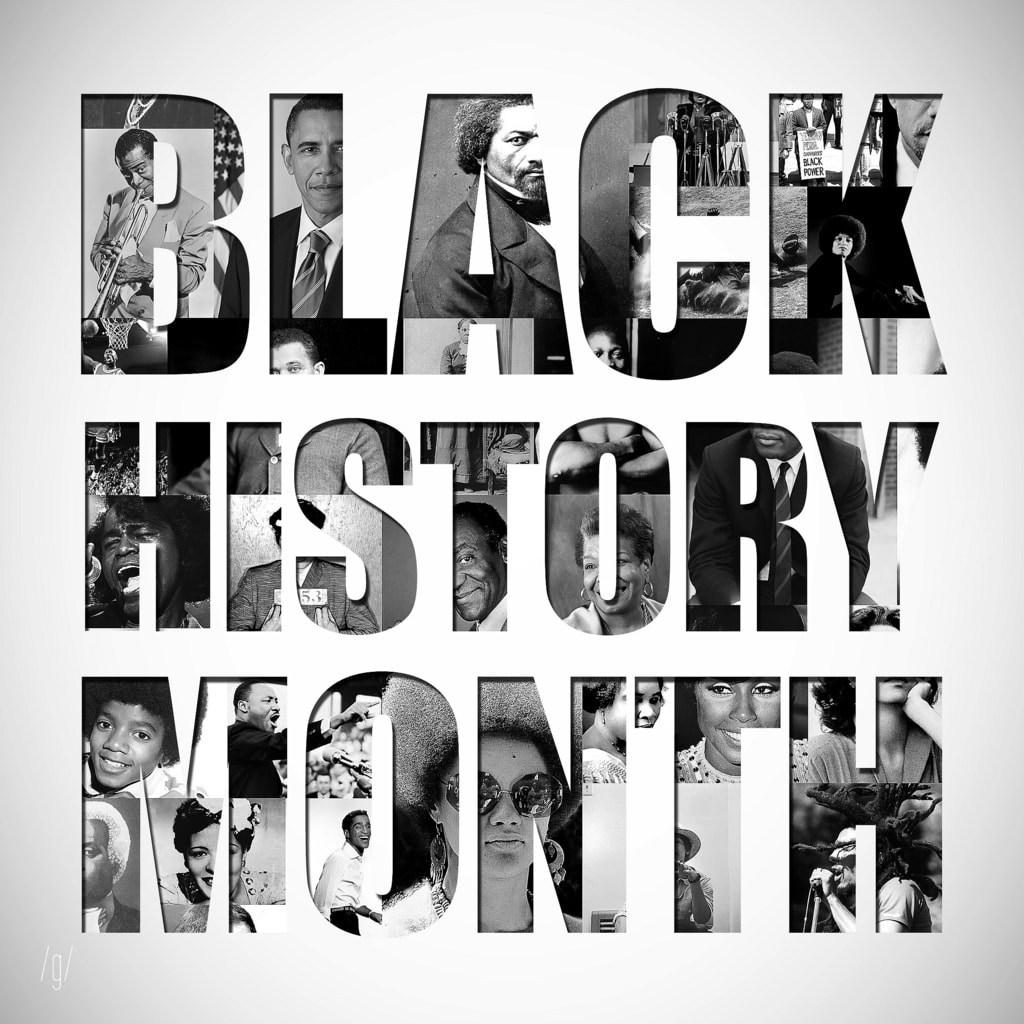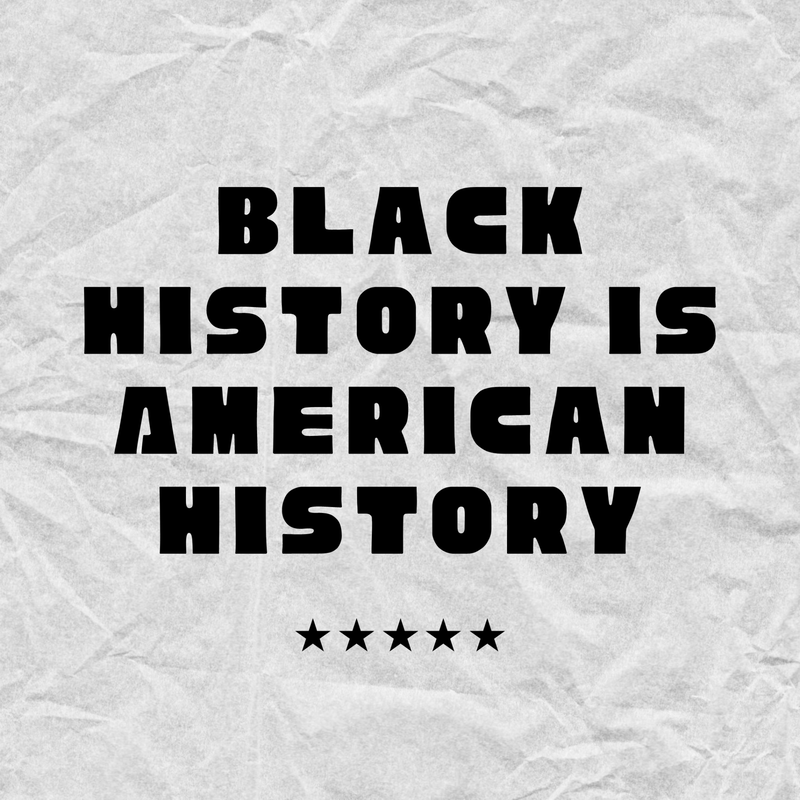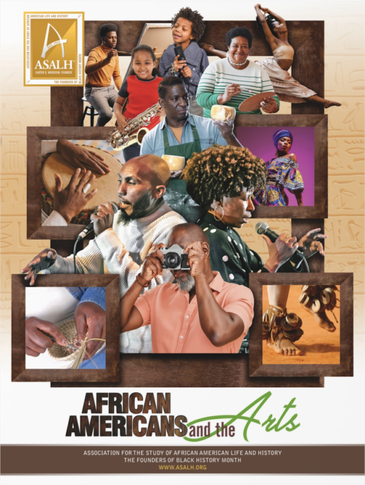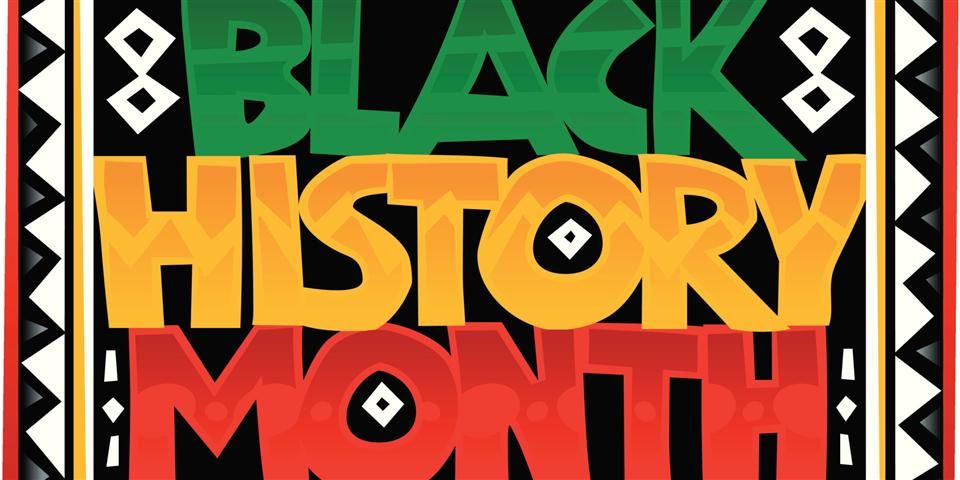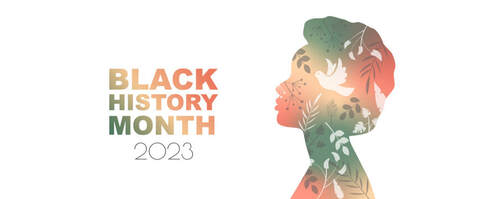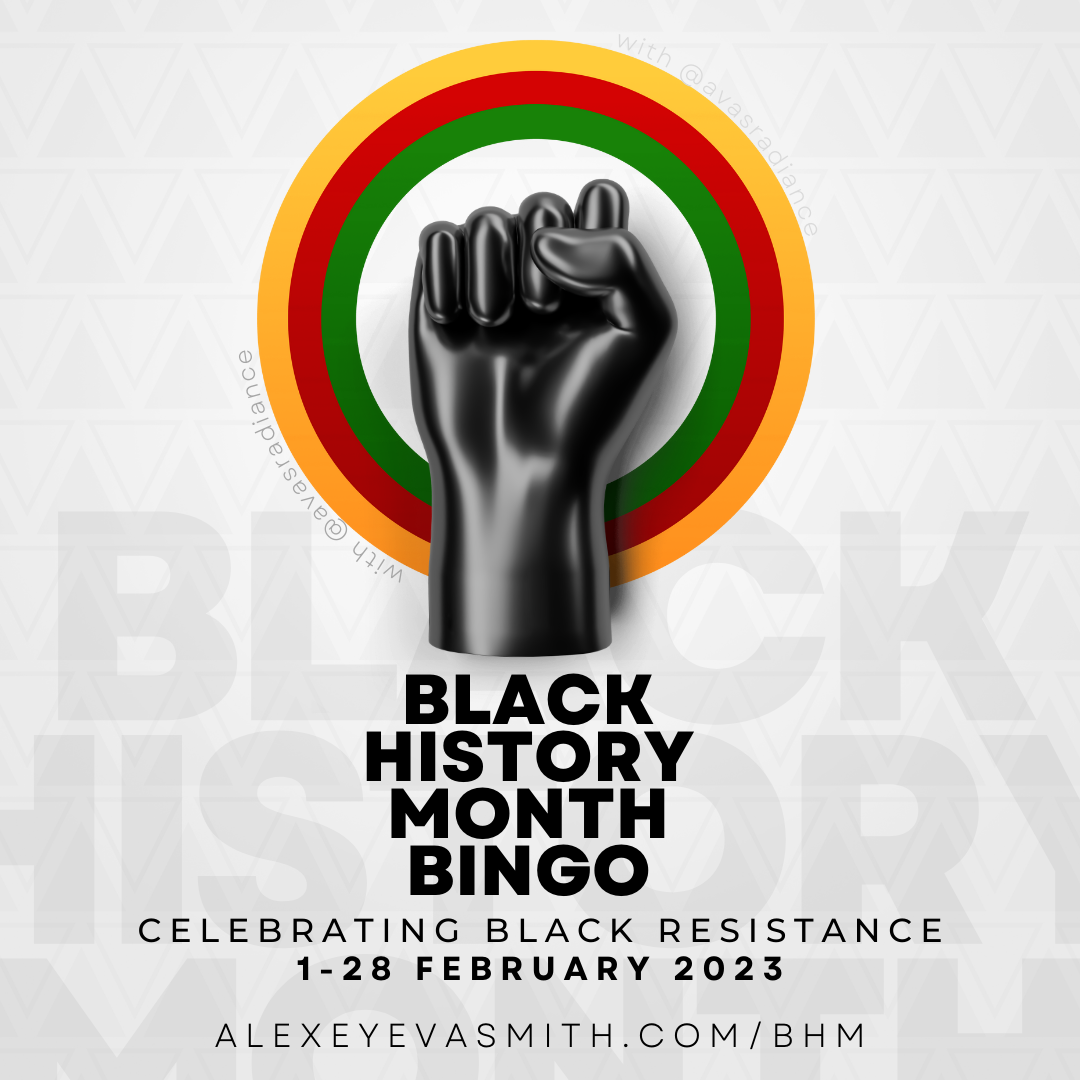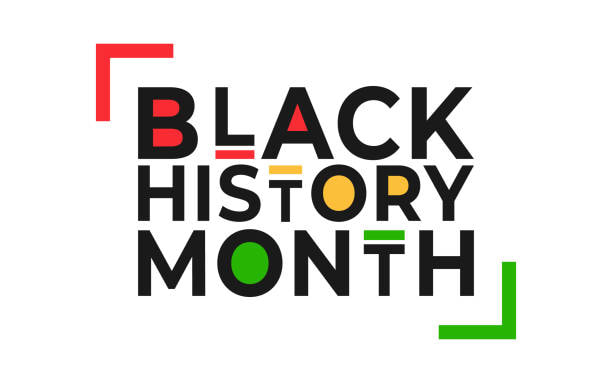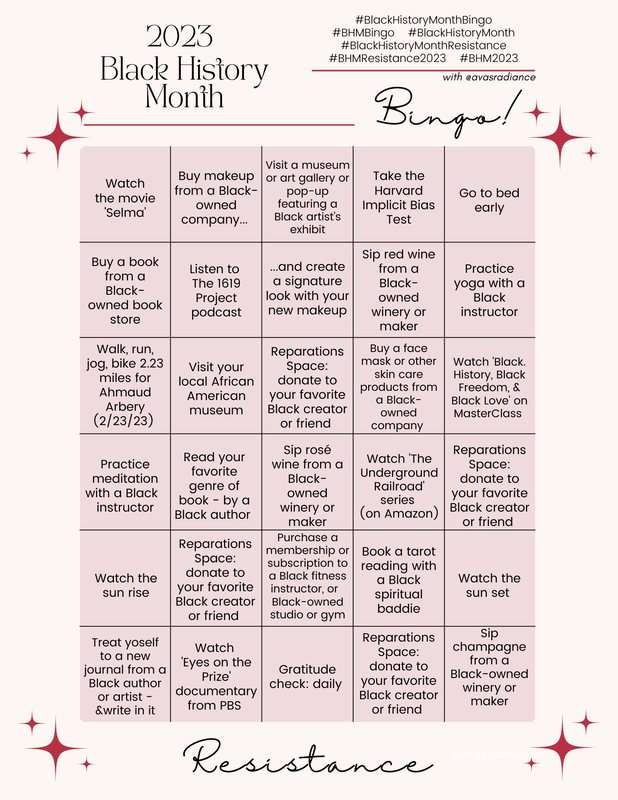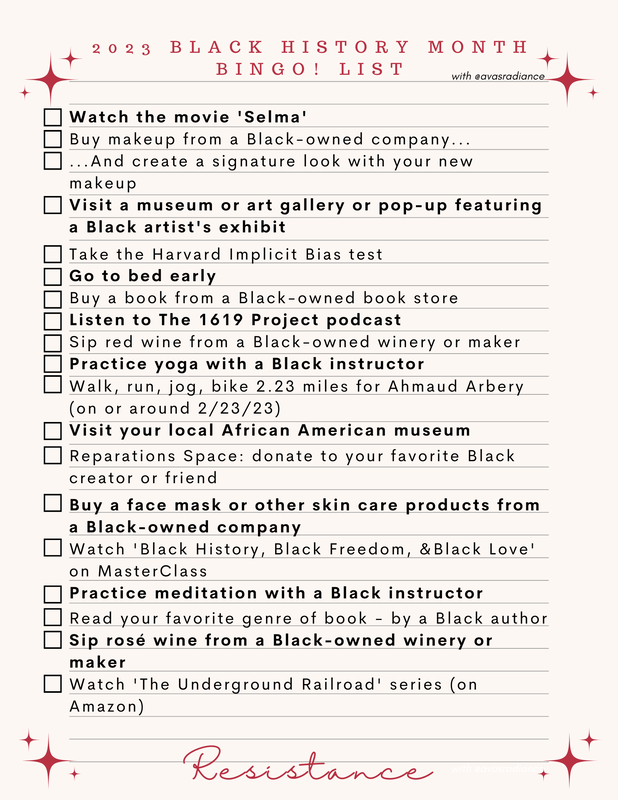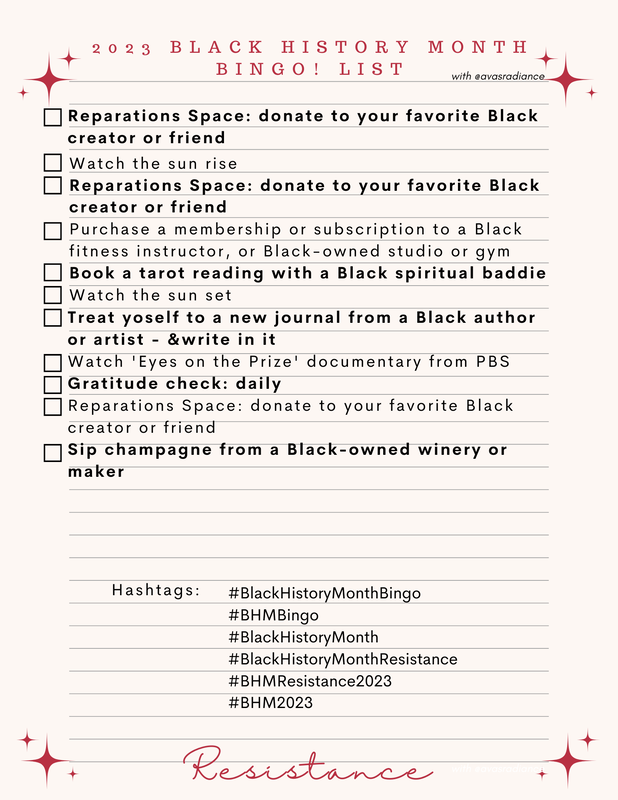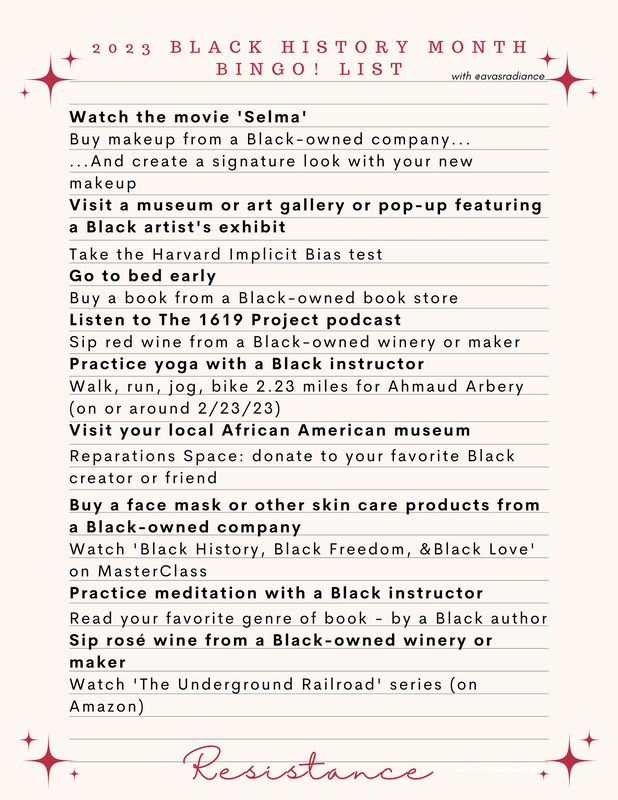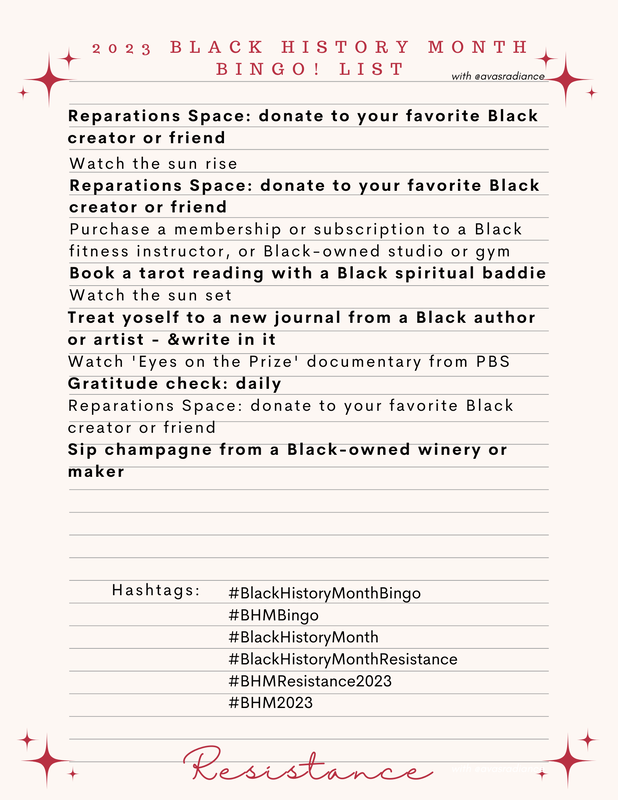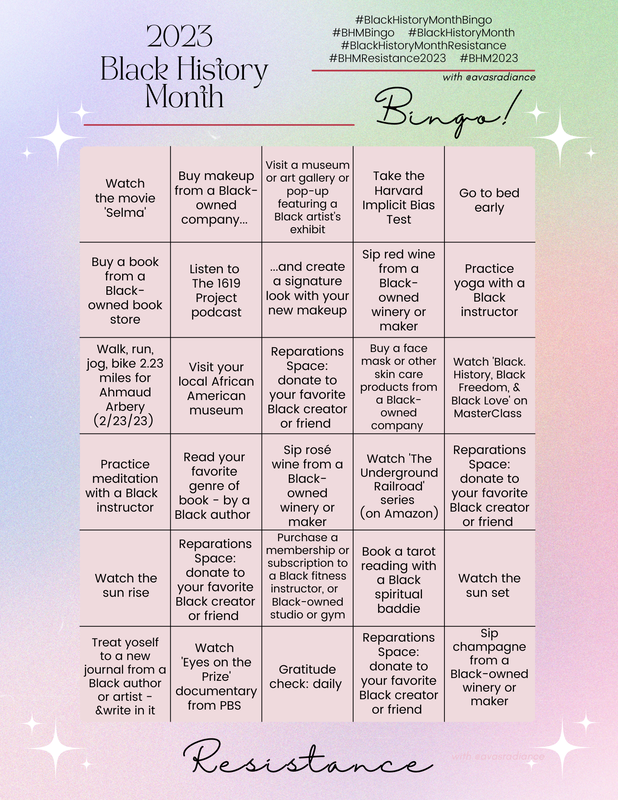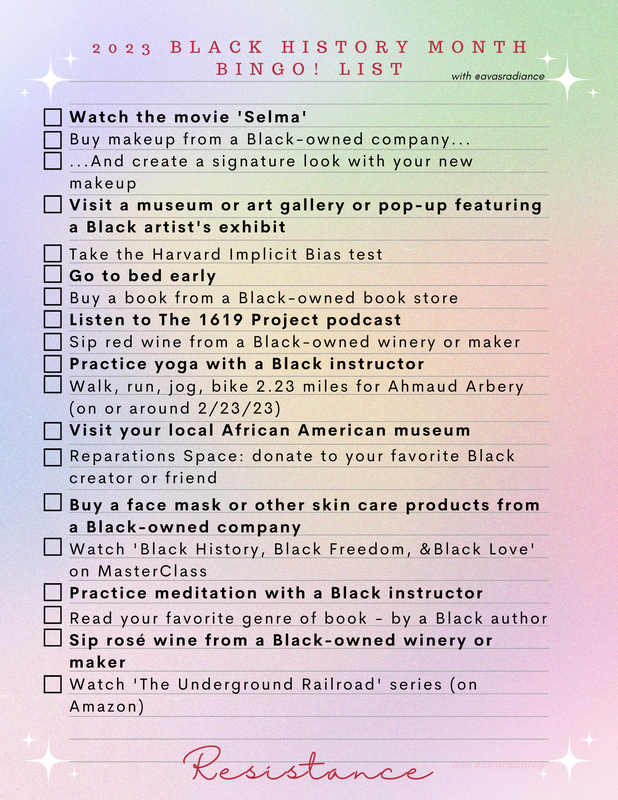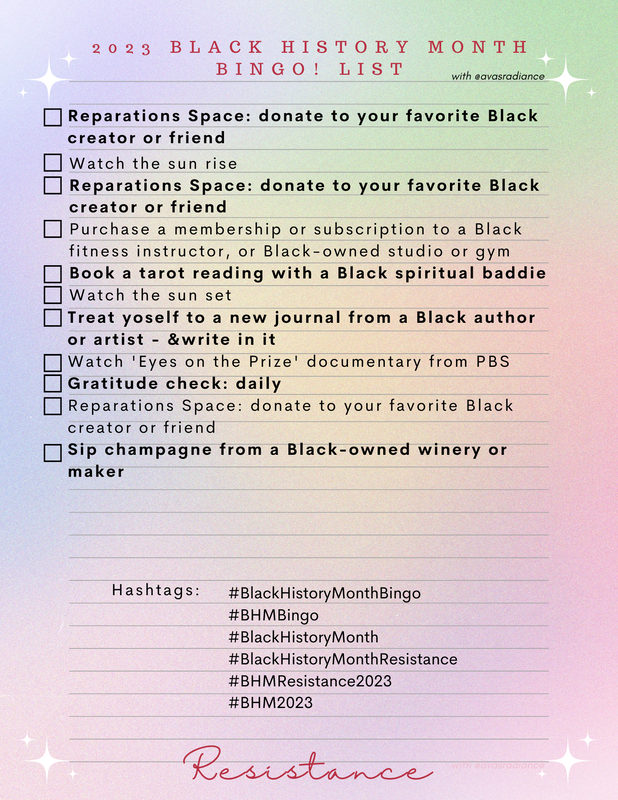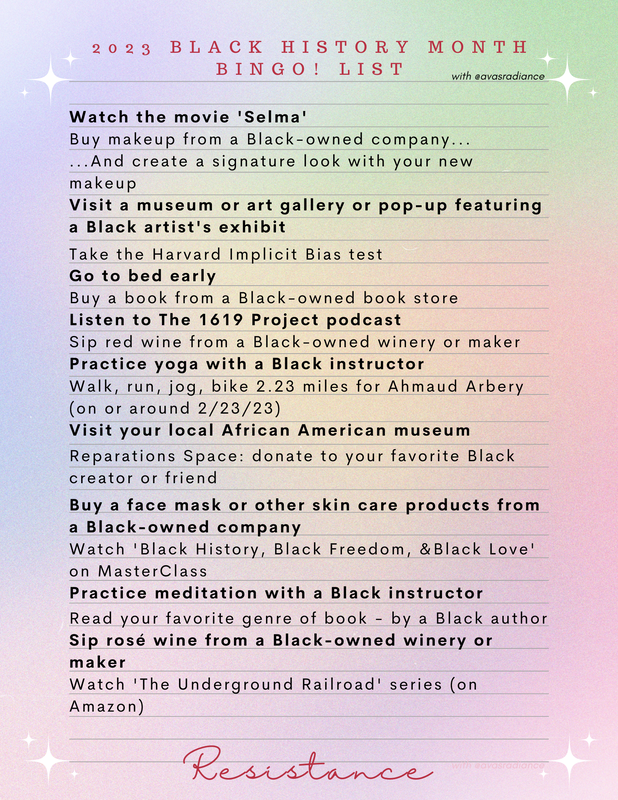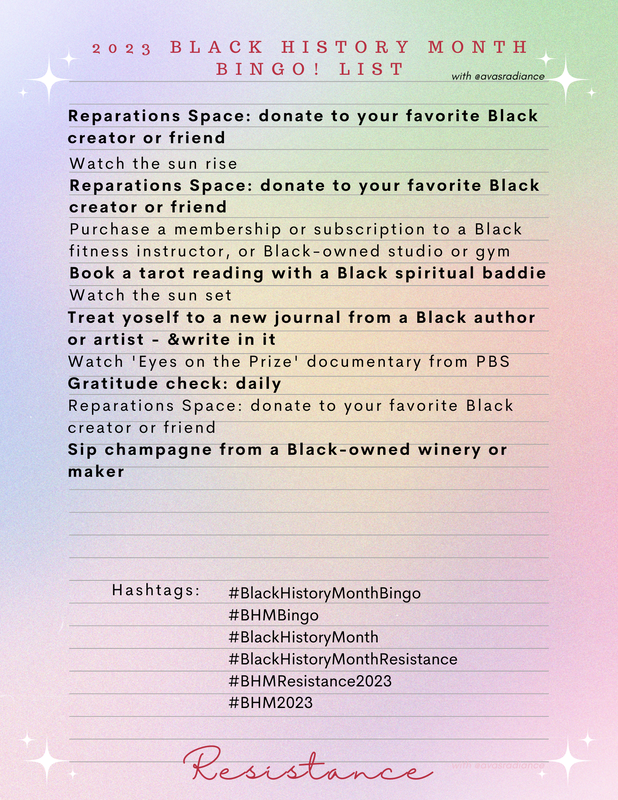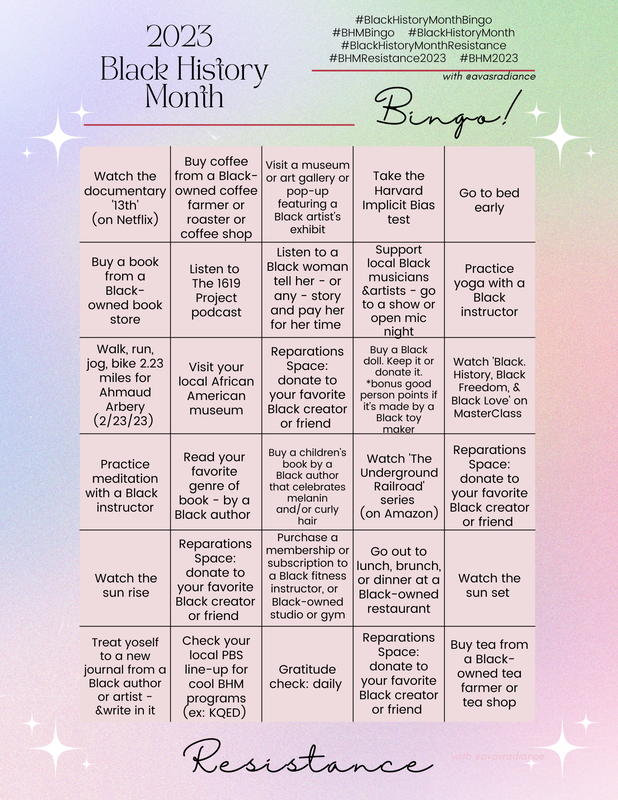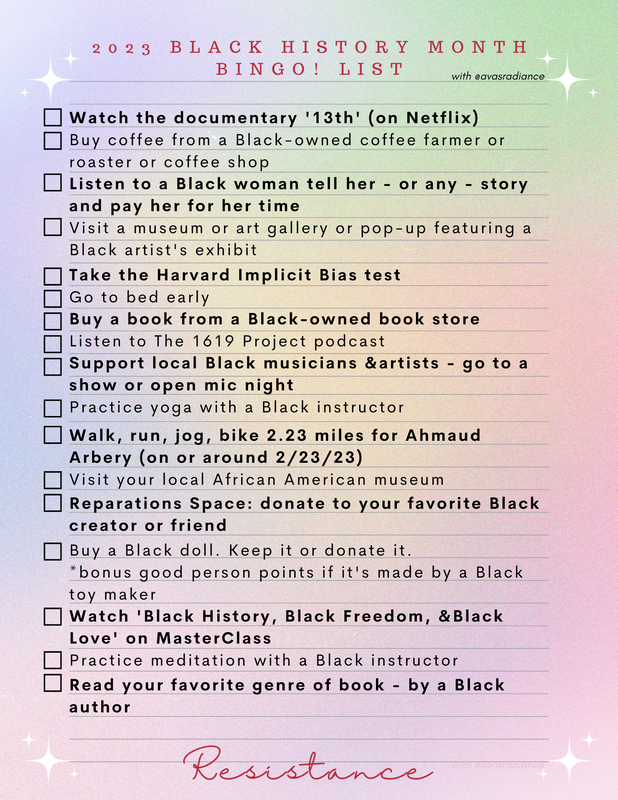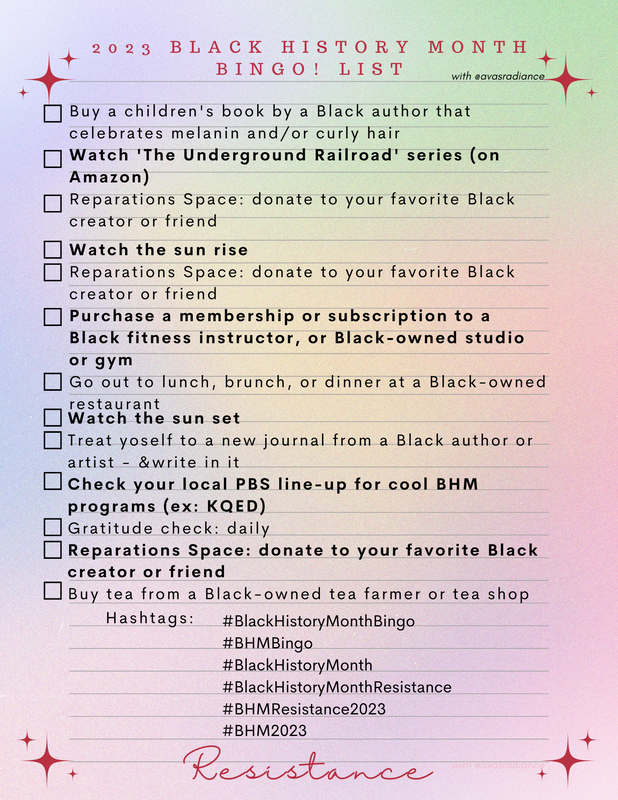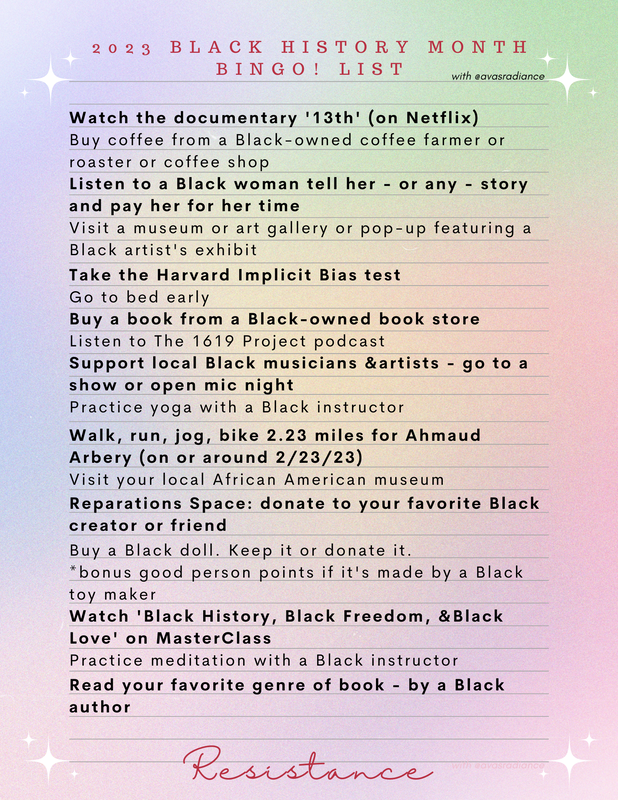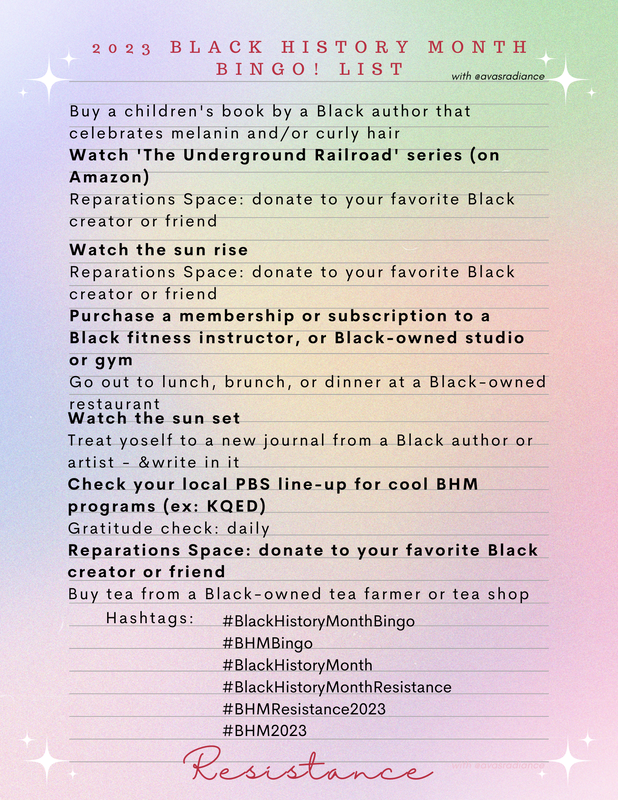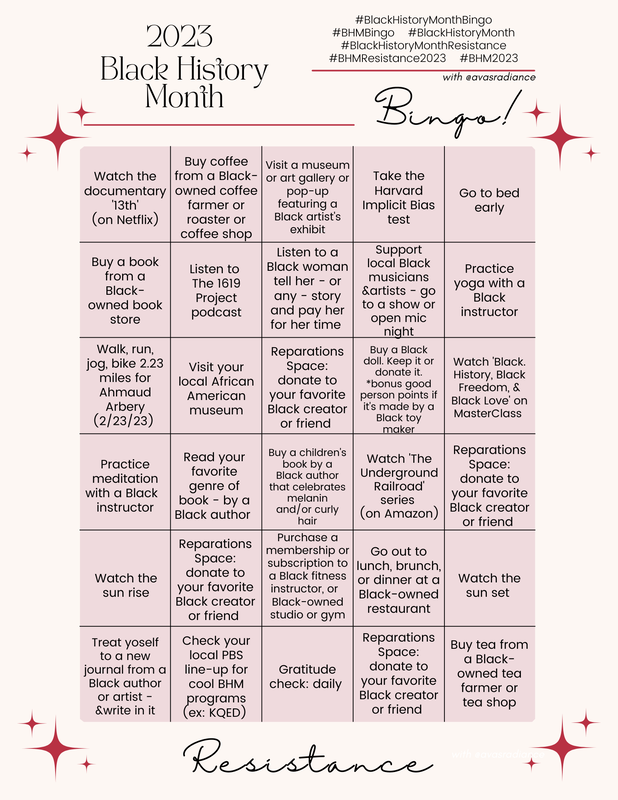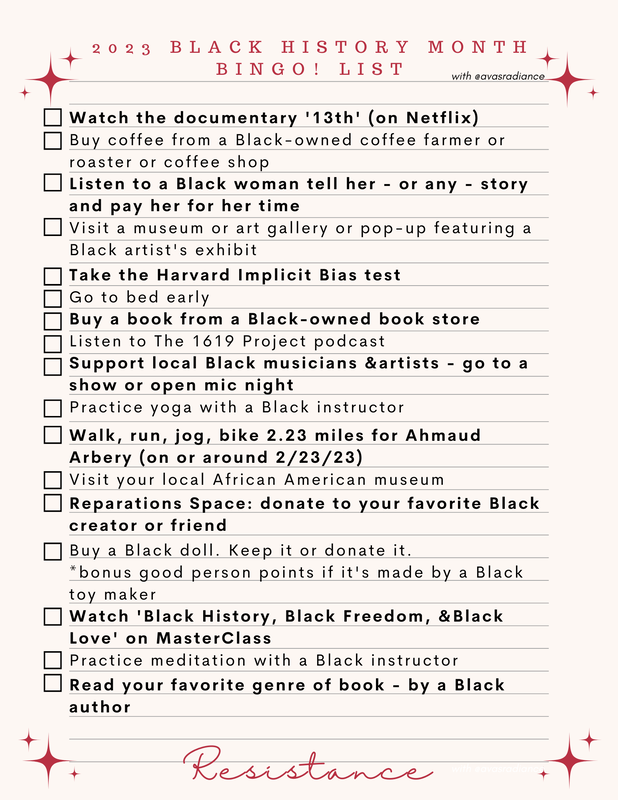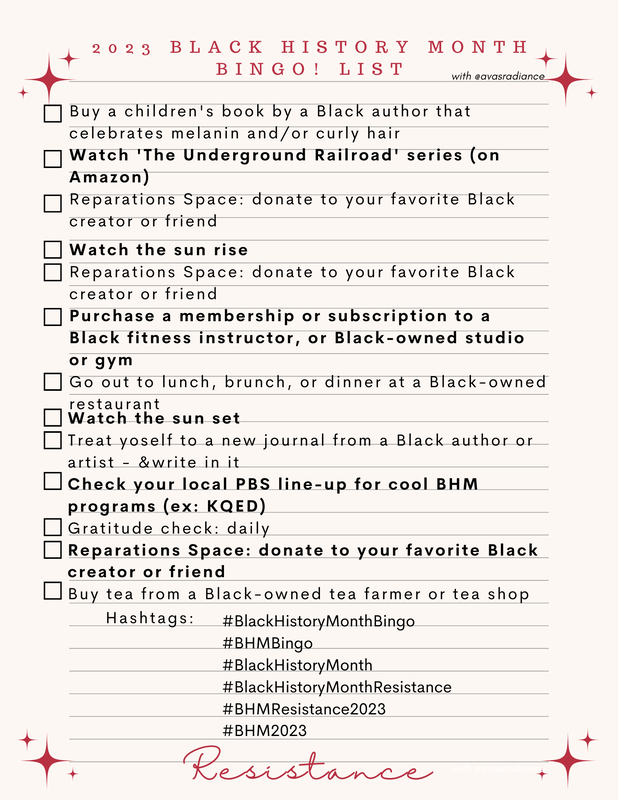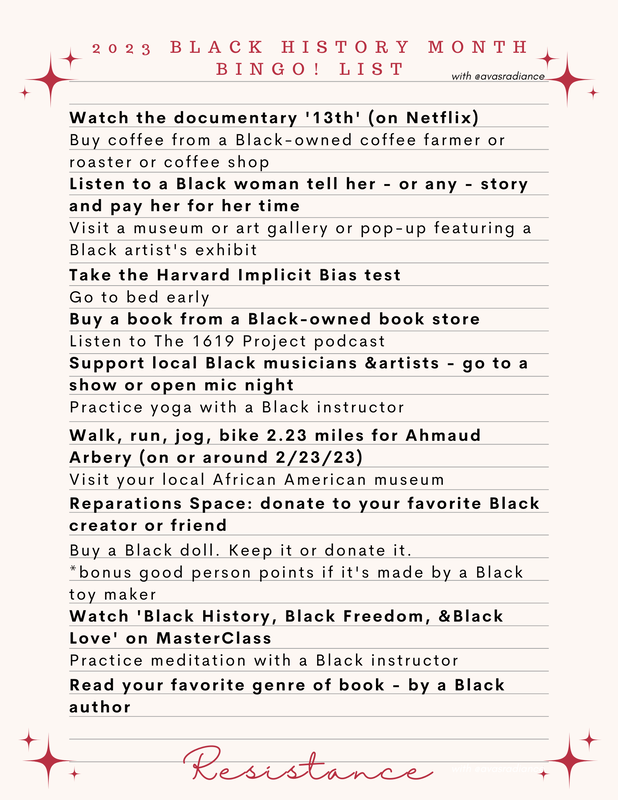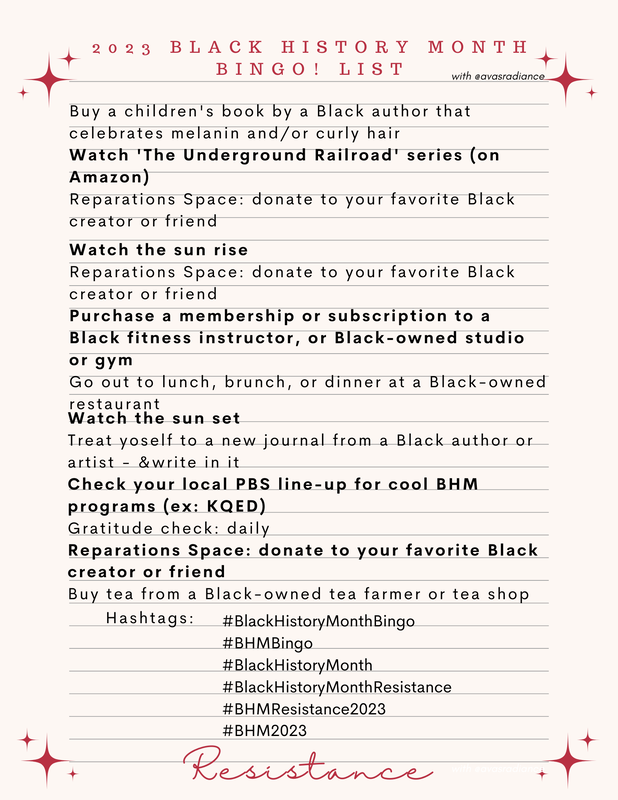Resources List - COMING SOON
|
#BlackHistoryMonth
February 1-29, 2024 About Black History Month
The story of Black History Month begins in 1915, half a century after the Thirteenth Amendment abolished slavery in the United States. That September, the Harvard-trained historian Carter G. Woodson and the prominent minister Jesse E. Moorland founded the Association for the Study of Negro Life and History (ASNLH), an organization dedicated to researching and promoting achievements by Black Americans and other peoples of African descent.
Known today as the Association for the Study of African American Life and History (ASALH), the group sponsored a national Negro History week in 1926, choosing the second week of February to coincide with the birthdays of Abraham Lincoln and Frederick Douglass. The event inspired schools and communities nationwide to organize local celebrations, establish history clubs and host performances and lectures. In the decades that followed, mayors of cities across the country began issuing yearly proclamations recognizing "Negro History Week." By the late 1960s, thanks in part to the civil rights movement and a growing awareness of Black identity, "Negro History Week" had evolved into Black History Month on many college campuses. President Gerald Ford officially recognized Black History Month in 1976, calling upon the public to “seize the opportunity to honor the too-often neglected accomplishments of Black Americans in every area of endeavor throughout our history.” Today, Black History Month is a time to honor the contributions and legacy of African Americans across U.S. history and society—from activists and civil rights pioneers...to leaders in industry, politics, science, culture and more. (courtesy of: www.history.com/topics/black-history/black-history-month) For more information, visit: https://www.history.com/topics/black-history/black-history-month |
The theme for Black History Month 2024 is:
African Americans and the Arts African American art is infused with African, Caribbean, and the Black American lived experiences. In the fields of visual and performing arts, literature, fashion, folklore, language, film, music, architecture, culinary and other forms of cultural expression, the African American influence has been paramount. African American artists have used art to preserve history and community memory as well as for empowerment. Artistic and cultural movements such as the New Negro, Black Arts, Black Renaissance, hip-hop, and Afrofuturism, have been led by people of African descent and set the standard for popular trends around the world. In 2024, we examine the varied history and life of African American arts and artisans.
For centuries Western intellectuals denied or minimized the contributions of people of African descent to the arts as well as history, even as their artistry in many genres was mimicked and/or stolen. However, we can still see the unbroken chain of Black art production from antiquity to the present, from Egypt across Africa, from Europe to the New World. Prior to the American Revolution, enslaved Africans of the Lowcountry began their more than a 300-year tradition of making sweetgrass baskets, revealing their visual artistry via craft. The suffering of those in bondage gave birth to the spirituals, the nation’s first contribution to music. Blues musicians such as Robert Johnson, McKinley ‘Muddy Waters’ Morganfield and Riley “BB” B. King created and nurtured a style of music that became the bedrock for gospel, soul, and other still popular (and evolving) forms of music. Black contributions to literature include works by poets like Phillis Wheatley, essays, autobiographies, and novels by writers such as David Walker and Maria Stewart. Black aesthetics have also been manifested through sculptors like Edmonia Lewis and painters like Henry O. Tanner. In the 1920s and 30s, the rise of the Black Renaissance and New Negro Movement brought the Black Arts to an international stage. Members of the armed forces, such as James Reese Europe, and artists such as Langston Hughes, Josephine Baker and Lois Mailou Jones brought Black culture and Black American aesthetics internationally, and Black culture began its ascent to becoming a dominant cultural movement to the world. In addition to the Harlem Renaissance, today we recognize that cities like Los Angeles, Chicago, and New Orleans also were home to many Black artists. The 1960s continued this thread through the cultural evolution known as the Black Arts Movement, where artists covered issues such as pride in one’s heritage and established art galleries and museum exhibitions to show their own work, as well as publications such as Black Art. This period brought us artists such as Alvin Ailey, Judith Jamison, Amiri Baraka, Nikki Giovanni and Sonia Sanchez. The movement would not have been as impactful without the influences from the broader Black world, especially the Negritude movement and the writings of Frantz Fanon. In 1973, in the Bronx, New York Black musicians (i.e. DJ Kool Herc and Coke La Rock) started a new genre of music called hip-hop, which comprises five foundational elements (DJing, MCing, Graffiti, Break Dancing and Beat Boxing). Hip-hop performers also used technological equipment such as turntables, synthesizers, drum machines, and samplers to make their songs. Since then hip-hop has continued to be a pivotal force in political, social, and cultural spaces and was a medium where issues such as racial violence in the inner city, sexism, economic disinvestment and others took the forefront. The term Afrofuturism was used approximately 30 years ago in an effort to define cultural and artistic productions (music, literature, visual arts, etc.) that imagine a future for Black people without oppressive systems, and examines how Black history and knowledge intersects with technology and science. Afrofuturist elements can be found in the music of Sun Ra, Rashan Roland Kirk, Janelle Monáe and Jimi Hendrix. Other examples include sci-fi writer Octavia Butler’s novels, Marvel film Black Panther, and artists such as British-Liberian painter Lina Iris Viktor, Kenyan-born sculptor Wangechi Mutu, and Caribbean writers and artists such as Nalo Hopkinson, and Grace Jones. In celebrating the entire history of African Americans and the arts, the Association for the Study of African American Life and History (ASALH) puts into the national spotlight the richness of the past and present with an eye towards what the rest of the twenty-first century will bring. ASALH dedicates its 98th Annual Black History Theme to African Americans and the arts. (courtesy of: https://asalh.org/black-history-themes/) For more information, check out the great resources of ASALH: asalh.org/black-history-themes/ |
Happy Black History Month!
#BHM2024 #BlackHistoryMonth #BlackHistoryMonthArtAndArtists #BHMAfricanAmericansAndTheArts2024
#BHM2024 #BlackHistoryMonth #BlackHistoryMonthArtAndArtists #BHMAfricanAmericansAndTheArts2024
Meet the Artist: Mia Jefferson is a Mizzou senior majoring in graphic design with an emphasis in Information Technology. Her work revolves around the representation of minority groups, women’s empowerment, and architectural and landscape appreciation. As an advocate for racial equality, Mia contributed a digital drawing to participate in Black History Month 2023. For more information and to see Mia's work throughout the month, check out: blackstudies.missouri.edu/black-history-month
"Throughout history, Black people have sought ways to nurture and protect Black lives and the autonomy of their physical and intellectual bodies through various forms of resistance, including but not limited to nonviolence, education, literature, sports, media, legislation and armed struggle. Black-led institutions and affiliations have also lobbied, litigated, legislated, protested and succeeded. The 2023 Black History Month theme of Black Resistance is an opportunity to reflect on the global struggles of Black communities in the context of both the impediments and triumphs." (courtesy of: https://blackstudies.missouri.edu/black-history-month)
If you feel called to donate any amount to ya girl so I can continue to provide and plan for you, please feel empowered do so. (TYSM!):
|
Education, knowledge, self care and rest are radical acts of resistance in a society that conditions us to be on the go and moving 24/7/365. Hustle culture isn't healthy - for anyone - and it isn't for everyone. Periodt. Taking our time with tasks and things that are important to us should be normalized, encouraged and celebrated more, rather than be scrutinized, criticized, or looked down upon.
Slow down with me this month, with intentional mindfulness, as we practice resisting the urge to rush, to please everyone, to force things that just don't work for us, to make sense of things that may not be ours to understand. |
Let's practice:
|
|
There is a lot going on - personally, professionally, globally.
May this month, Black History Month, be one of renewal for us as we tap into the beautifully unique ways we are living acts of resistance - simply because we choose to shine our shine, stand in our power, and take consistent steps towards living our dreams. |
May we all learn, love, grieve, grow, play, slay, forgive, release, speak up, speak out, and shine bright this month.
May we call-in change, sit in our discomfort with curiosity rather than judgment, allow the experiences we collect this month to transform us by opening our eyes, expanding the width and depth of our hearts, blow our minds, and reverberate in our ears, while inspiring us to do and be better. |
#BlackHistoryMonthBingo
February 1-28, 2023
February 1-28, 2023
Everything is a Bingo Card. So is Black History Month. Let's go.
#BlackHistoryMonthBingo #BHMBingo
#BlackHistoryMonthBingo #BHMBingo
|
TO JOIN IN:
1. Screenshot, or copy/paste/save, or download the 2023 Black History Month Resistance Bingo cards. (below)
2. Bookmark this site: AlexeyevaSmith.com/BHM and share it with a friend or two or more than a few! Invite them to join you in this epic quest to complete the #BHMBingo Cards.
3. Go outside and be all about taking an active part in supporting the Black people in your community. Actively participating in celebrating the legacy of Black excellence through Black Resistance in your area, abroad, and abound is such a great look on you. 4. Stay in and be cozy watching some shows, listening to some podcasts, and (over)thinking tf about your role in present-day Black History. It might get get a lil uncomfy, I know. Yet guess what? You'll be alright. You will. I promise. Pinky swear!
5. Post pics of your adventures and the ways you choose to rebelliously resist through education, knowledge sharing, self-care, and rest throughout Black History Month.
#BlackHistoryMonth #BHM2023 #BHMBingo #BlackHistoryMonthBingo #BlackHistoryMonthResistance #BHMResistance2023
Any questions? Please feel empowered to reach out so we can chat about it and talk it out. I'd love to connect with you.
Happy Black History Month!
|
Everything is a Bingo Card. So is Black History Month. Let's go.
#BlackHistoryMonthBingo #BHMBingo
#BlackHistoryMonthBingo #BHMBingo
BHM BINGO - Card 1*
*must be age 21+ for some items on this card. Please drink responsibly.
*must be age 21+ for some items on this card. Please drink responsibly.
|
Minimalist, #BHMBingo Card 1
And for my people who prefer lists, here are a few options for ya:
And if you prefer a PDF, I got you. Go wild and dl it, my friend:
|
All the Swag, #BHMBingo Card 1
And for my people who prefer lists, here are a few options for ya:
And if you prefer a PDF, I got you. Go wild and dl it, my friend:
| ||||||||||||||||||||||||
BHM BINGO - Card 2*
*(something cool is written here).
*(something cool is written here).
|
All the Swag, #BHMBingo Card 2
And for my people who prefer lists, here are a few options for ya:
And if you prefer a PDF, I got you. Go wild and dl it, my friend:
|
Minimalist, #BHMBingo Card 2
And for my people who prefer lists, here are a few options for ya:
And if you prefer a PDF, I got you. Go wild and dl it, my friend:
| ||||||||||||||||||||||||
If you feel called to donate any amount to ya girl so I can continue to provide and plan for you, please feel empowered do so. (TYSM!):

